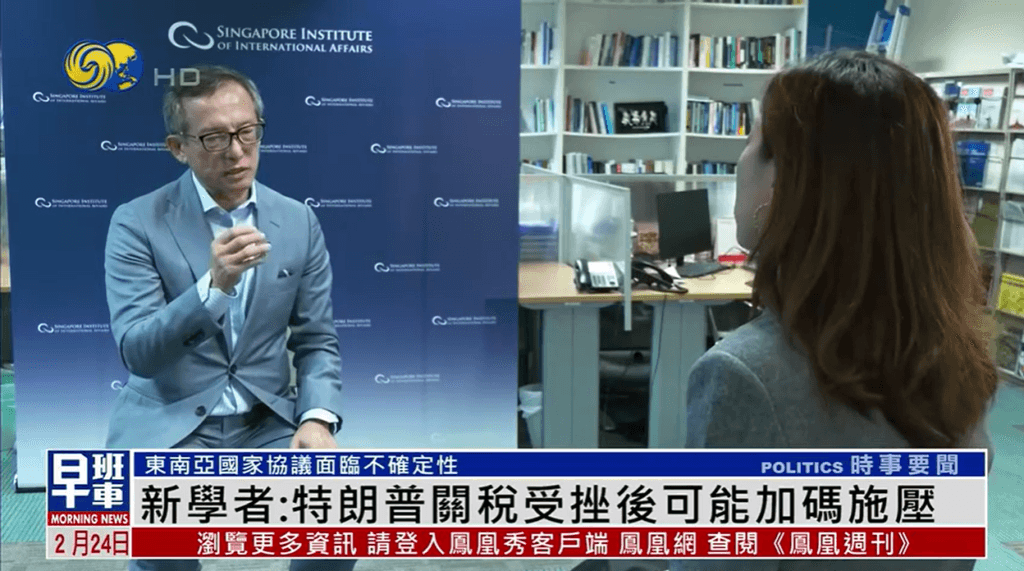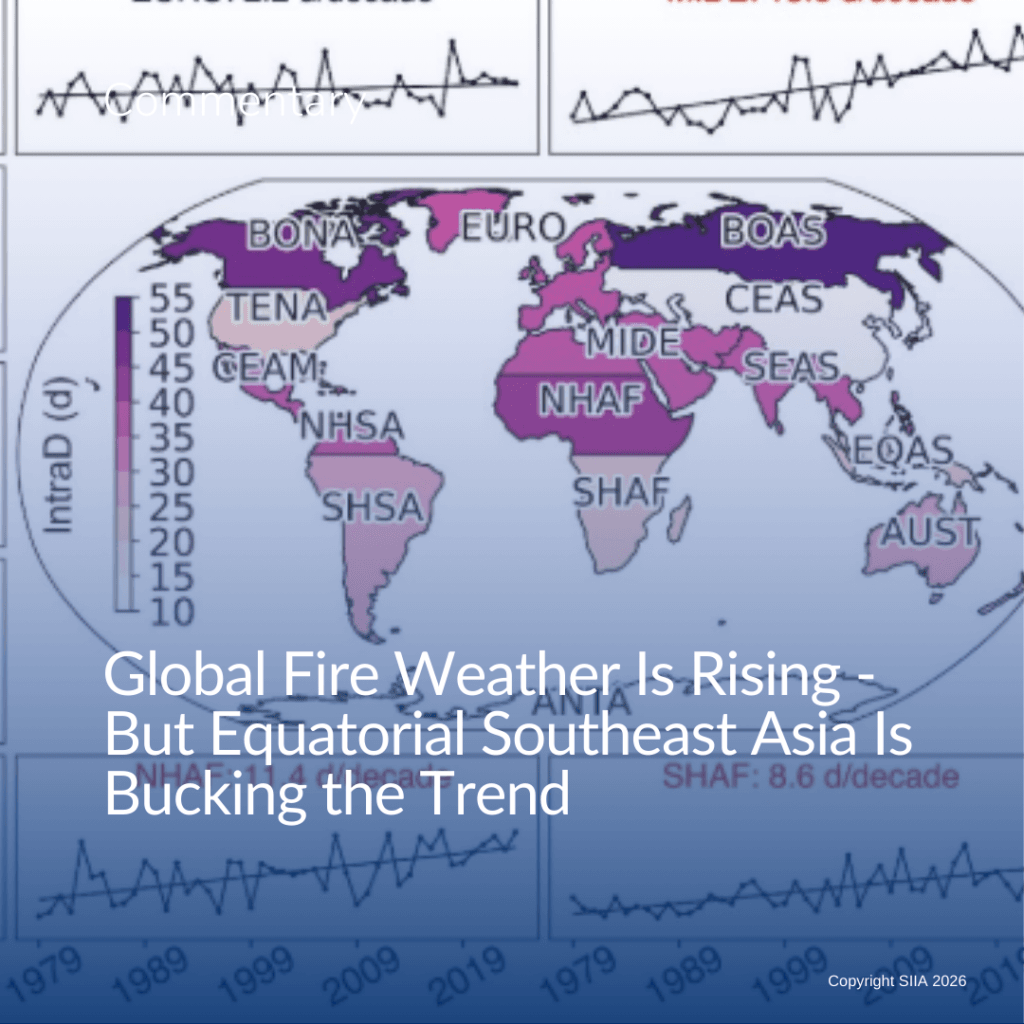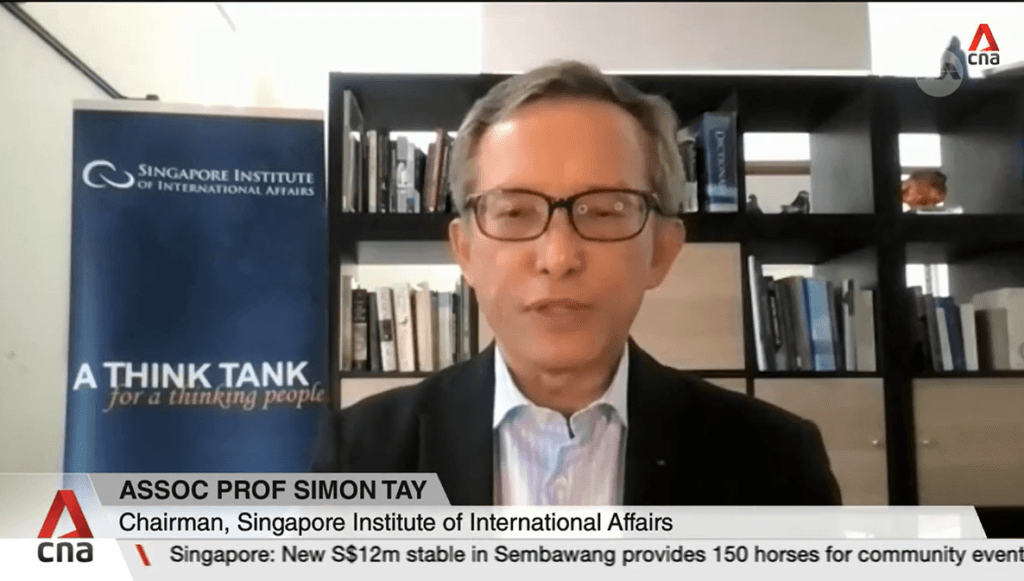It is an axiom of our anxious, poly-crisis times that politics now matters more to business than ever. Yet the well-known Shakespearean quote also warns us to be watchful of “sound and fury, signifying nothing”. There continue to be political events that occupy attention and yet may lead to nothing of consequence for business.
Efforts by the USA and China to restart dialogue might remind us of that. Recent visits to Beijing are of high profile and much headlined. Yet substance seems scant.
Something is Better Than Nothing
Communication between the world’s two greatest powers and largest economies had all but ceased after February when the US decided to shoot down an alleged spy balloon and cancel the visit by State Secretary Antony Blinken. A mid June visit by Blinken, finally, and then Yellen last week evidence efforts to restart. In this context, some will defend these visits on the basis that something is better than nothing.
Yellen’s own evaluation of her talks with Vice-Premier He Lifeng was that the two sides had “significant disagreements”. That is the reality of dialogue now: disagreements will not melt away. The objective is only to re-open channels of communication to help avoid misunderstanding about intentions and miscalculation about reactions from the other party that could trigger a downward spiral.
One key message from Yellen was to convey is that the USA is not committed to a policy of confrontation and that “we do not seek to decouple” the two economies. Yellen herself means this sincerely. She was one of the first officials to prefer the softer language of “de-risking”, also used by the European Union.
But the attitude of others in the Biden administration is less clear; not least when the President himself labelled his Chinese counterpart Xi a “dictator”. Whether words are softer or harsher, there is sense to watch instead what is done, and see where the words and actions connect, or fail to.
Actions Speak Louder but Inaction Yells
Consider hopes among some that the US would relook at Trump-era tariffs that have hit China’s exports. Across the political spectrum and in most opinion polls, American attitudes to China have harshened. As the elections season begins to heat up in the USA, being soft on China can lose votes and conversely, the temptation will be to woo voters by promising to get tougher. Measures to allow more imports from China therefore seem unlikely to gain support.
The treatment of businesses will face the same political realities. Hua Wei has learnt the hard way what the USA can and will do in the name of security. Others like Tik Tok are also paying for painful tuition.
Add to this what the Biden has done to restrict access to high-tech chips, roping in allies and friends to cut off supply chains to China. Large subsidies are also offered for companies to establish US-home-shored facilities for high tech production in chips and EV batteries.
Some therefore shook heads in disbelief when Yellen criticized Chinese treatment of American companies. The complaints include expanded subsidies for China’s state-owned enterprises and domestic firms, while foreign firms face barriers to market access and new export controls on metals used in semiconductors. Beijing is no angel but given what the Biden administration is doing, this just seems tit-for-tat measures.
if the renewed economic dialogue will discourage further measures – especially those taken broadly evoking security concerns — this would not be half bad. But there is little prospect either side will unwind what has already be done. Actions speak louder than words, but the inaction yells.
What Wasn’t Discussed
Reopening the Sino-American dialogue is insufficient but it is necessary. Much of the time, the two sides have been at loggerheads over political issues like democracy versus autocracy and the question of Taiwan. While Yellen’s visit was not a break through, it wasn’t a waste of time.
Yes, the rivalry and the reality of potential conflict bears attention. But the two countries must also reckon with different fundamentals in their relationship. This is the long standing but much de-emphasized truth of their deep and enduring economic interdependence.
That includes but goes beyond the tariffs, technology and other issues discussed. What was not discussed includes critical questions of global finance. The continuing US rate rise is putting pressure on all treasury bond holders, and increasing borrowing costs for many emerging markets. China is not unaffected.
Some may feel the USA still holds the upper hand, and that it acts that way. But neither side can really afford to severe that economic and financial interdependence. Growth in both countries – and across much of the world – is far from robust. Leaders on both sides also know the high domestic political price if their economy stagnates. China can face unrest. In the USA, a slowing economy will diminish the prospects for Biden’s re-election.
Security issues – even about the future Taiwan — are not everything. If Yellen’s visit helps underscore the importance of the economic issues, even if there is no immediate impact for businesses, this would be worth noting.
Simon Tay is chairman of the Singapore Institute of International Affairs (SIIA).
This article is part of a series of SIIA column on “The Politics that Matter to Business” for The Business Times. It was first published on 14 July 2023.




